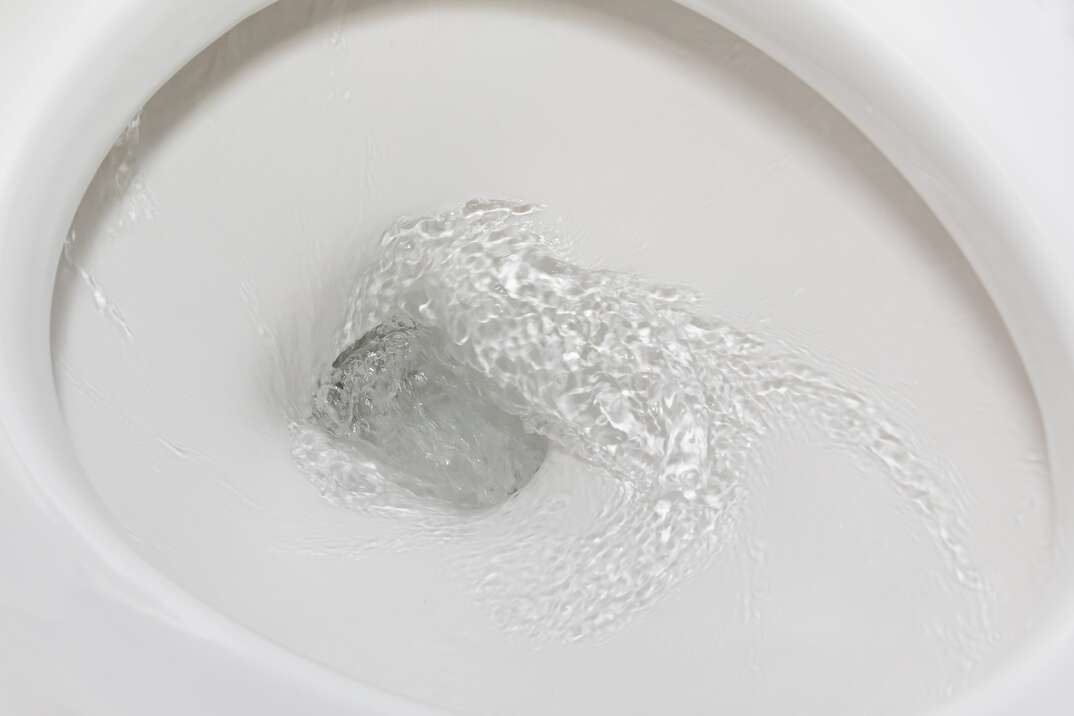- AppliancesElectriciansHVACLandscapingLocksmithPest ControlPlumbingRenovationRoofingT V RepairAll Home Improvement
- Car AccidentClass ActionCorporate LawCriminal DefenseDivorce LawEmployment LawFamily LawFinancial LawLegal AidMedical Injury LawyersMedical MalpracticeReal Estate LawWater Fire RestorationAll Legal
- InvestmentRetirementAll Finance
- Animal InsuranceAutoGeneral InsuranceHealth PolicyHome RentersAll Insurance
- DentalHealth SpecialistsAll Medical
- Animal CareVeterinaryAll Pets
- Auto GlassTowingAll Automotive
How Often Do You Need to Add Enzymes to Your Septic System?

The subject of enzymes is surprisingly controversial in the septic tank world. Advocates recommend using them once a month or so for a healthy system.
However, opponents say there's no real benefit to using them at all. Either way, your septic system needs regular maintenance to work properly, so it's important to understand what septic tank enzymes do and how they interact with your waste management solution.
Septic tanks manage wastewater for people who don't have access to city sewage systems. They're often found in rural homes. Everything flushed down the drain is carried over to the septic tank, where treatment begins. This is where enzymes enter the picture.
Septic tanks are home to trillions of bacteria that feed on everything you flush down the drain. The septic tank bacteria produce enzymes that help break everything in the tank into smaller parts to make feeding easier. Different enzymes can break down different compounds found in the tank. For example, protease breaks down proteins, such as blood and fecal matter, while lipase works to break down fats and grease.
Every septic tank has enzymes, as they're a byproduct of the bacteria that live there. However, some companies produce additives that are purported to improve performance and efficiency. These enzyme products are available in liquid or powder form and contain additional nutrients and beneficial bacteria.
What Do They Do?
Septic tank enzyme manufacturers claim their products improve bacterial activities in the system. This is meant to:
- Prevent clogs and backups
- Reduce the need for pumping
- Speed up the breakdown process
- Contribute to a healthy septic system
Bacteria are essential for a healthy, working system; however, bacterial colonies can be destabilized or killed off by some of the substances that end up in our drains, such as disinfectants and cleaning products. Enzymes with new, healthy bacteria can reestablish the colonies.
However, it's important to note that bacteria gets added to your system every time you flush. Many professionals, including government departments, state that septic tank enzymes don't add anything to a functioning system. If bacteria colonies have been killed off, it's likely that any you add will also die.
More Related Articles:
- Calling a Plumber? Here Are the 6 Most Common Plumbing Jobs and How Much They Cost
- 6 Ways to Try to Unclog Your Sink Before You Call a Plumber
- What's in My Plumber's Van?
- Here's How Much It Costs to Remodel a Bathroom
- 6 Tips for Hiring a Plumber
If you're having problems with your septic tank, such as bad odors or backups, your first step should be to call a septic professional. They'll be able to diagnose any issues and offer advice. Keep in mind that enzyme additives will never be a substitute for maintenance, and you'll still have to pump regularly even if you use them.
If you choose to add enzymes, you need to consider the size of the tank, system condition and how many people are in the household when deciding how often to add them. In a healthy system, once a month is the general recommendation. However, if you're starting a new system, you may want to add more enzymes until it's established. Likewise, a tank in a vacation home may need added enzymes because bacteria isn't being flushed into the system regularly.
You also need to be aware of the regulations in your area. In some places, additives aren't allowed due to the risk of them contaminating groundwater.
A Healthy System
In addition to biological enzymes, you can also find solvents marketed as septic tank additives. These have strong acids or alkalis that can destroy the biological function of the tank and corrode the tank, leading to leaks. To keep your tank healthy, don't use these solvents.
You should also be careful of what goes into your septic tank. Some tips for a healthy system include:
- Don't put fat or grease down the drains.
- Don't flush non-flushable solids, such as condoms, feminine hygiene products and diapers.
- Choose septic-safe cleaning products.
- Limit use of your garbage disposal.
- Balance out water usage over the week (for example, don't do all the laundry on one day).
Whether you choose to use additives or not, talk to an expert first. Your septic professional can assess your needs and ensure you make the right choice to keep your system healthy.
Elocal Editorial Content is for educational and entertainment purposes only. Editorial Content should not be used as a substitute for advice from a licensed professional in your state reviewing your issue. Systems, equipment, issues and circumstances vary. Follow the manufacturer's safety precautions. The opinions, beliefs and viewpoints expressed by the eLocal Editorial Team and other third-party content providers do not necessarily reflect the opinions, beliefs and viewpoints of eLocal or its affiliate companies. Use of the Blog is subject to the
Website Terms and Conditions.The eLocal Editorial Team operates independently of eLocal USA's marketing and sales decisions.



